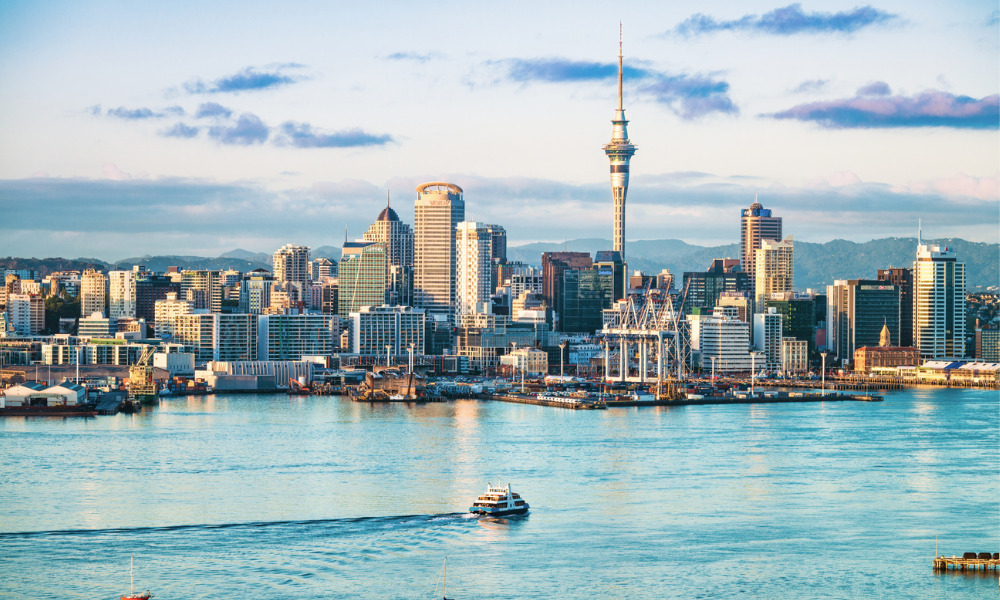
Kiwis have been praised for their handling of the global pandemic

New Zealand has cracked the top 10 list of places to work after leading the way in the response to the global pandemic.
The research by Boston Consulting Group saw NZ jump five places from 2018, taking tenth place after Switzerland, Singapore and France. Across the ditch, Australia has risen four places to third.
But BCG analysts say the biggest shock is the USA’s fall from the top spot after Canada rose to number one. The change in attitudes appears to have come as a response to how America’s government handled the global pandemic, with a soaring death rate and haphazard response.
The research also found only 50% of people are now willing to move to another country for work – a 14% drop on 2014. While the desire to relocate has been falling over recent years, the global pandemic seems to have made people more hesitant about leaving their home countries. Australia ranked second – tied with Canada - in the list of countries where people would like to work remotely, even if they live in another location.
Speaking to HRD, Christoph Hilberath, managing director & partner at BCG, said the research shows Australia and New Zealand now have a competitive edge thanks to their handling of the pandemic.
“People want to work in companies based in those countries because of the ethics we have, the way we do business and the products we have – it’s actually a point of pride for us,” he said.
Read more: Borders aren't boundaries: Hiring talent in a remote work era
Hilberath encouraged HRDs to capitalise on this fact when seeking out global talent. Australia is facing a significant skills shortage in certain areas like tech, IT, and professional services. These industries that lend themselves to remote workers can fill gaps by looking overseas.
Because of these shortages, Hilberath said workforce planning has become more important than ever. But instead of focusing on the near future, he urged business leaders to look at where the organisation is headed long-term. By identifying those pathways and the capabilities required to facilitate the growth, businesses can stay ahead of the curve. It’s about reassessing what a good candidate looks like, what education or experience they need, and what they bring to the role.
“These are the things HR professionals need to face into to hire the right people, to retain them as well and then to constantly upskill them,” he said. “Companies need to be looking at 15, 10 years out because some of the jobs will need to be reskilled now.”
Read more: The cost of a bad hire is rising
The BCG global surveyed 208,807 people across 190 countries, identifying how the pandemic has impacted attitudes towards working abroad. Many countries in the APAC region ranked higher than previous years because of their handling of COVID-19.
While Australia and NZ’s borders remain closed to anyone who is not a permanent resident, the data shows they are still a favourable option for remote workers. With more sophisticated virtual platforms and collaboration tools, global teams are finding it easier to work together despite the lack of international travel.